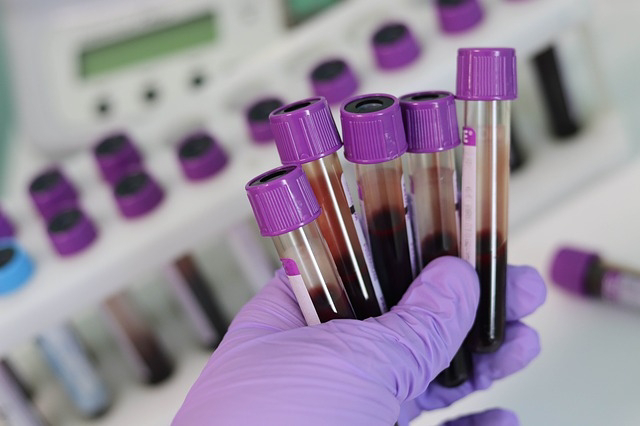What causes heart disease?
Like all muscles the heart also need oxygen, and during a heart attack, it cannot get enough. Fats, or platelets, grow in the walls of our blood vessels. These are vessels that carry oxygen-rich blood to the heart. These plates grow as we grow, sometimes becoming chunky, hardened, or burning. Eventually, the plates can be turned into bars. If any of these plaques rupture or rupture, a blood clot will form around the tin for minutes, and the arterycan artery is slightly closed and completely blocked. Blood flow is cut off from the heart muscle and oxygen-hungry cells begin to break down within a few minutes. This is a myocardial infarction, or heart disease.
Things can get worse quickly with no treatment. The injured muscle may not be able to pump the ableto blood, and its rhythm may be lost. In severe cases, heart disease can cause sudden death.
How do you know if a person has a heart attack?
The most common symptom is chest pain caused by oxygen-deprived heart muscles. Patients describe it as a crush or a similarity. It can light up the left arm, jaw, back, or abdomen. But it’s not always sudden and so amazing in movies. Some people may experience nausea or shortness of breath. Symptoms may be less noticeable in women and the elderly. For them, weakness and fatigue can be the main signal and surprisingly, for many people, especially those with diabetes, which affects the pain-bearing nerves, heart disease can be silenced. If you think someone may have a heart attack, the most important thing is to respond immediately. If you have access to emergency medical services contact them immediately. They are the fastest way to get to the hospital. Taking aspirin, which lowers blood pressure, and nitroglycerin, which opens the artery, can help keep the heart attack from getting worse. In the emergency room, doctors can detect if you have a heart attack. They usually use an electrocardiogram(ECG) to measure the electrical activity of the heart and blood tests to check for damage to the heart muscle. The patient is then taken to a high-techcardiac center where tests are performed to detect the obstruction. Cardiologists can re-open the blocked artery by inserting it with a balloonin procedure called angioplasty. They also insert a metalor polymer stent that will hold the vein open. Extensive obstruction may require coronary artery surgery. Using a piece of artery or a vein from another part of the body, cardiac surgeons can re-regulate blood flow to the rest of the body. These processes stimulate the circulation of the heart muscle, restoring heart function. Treatment of heart disease is ongoing, but prevention is important. Both genetic and lifestyle factors affect your risk. The good news is that you can change the way you live your life. Exercise, a healthy diet, and weight loss all reduce the risk of heart attack, whether you have had it before or not. Doctors recommend exercising a few times a week, doing exercise and strength training. Healthy heart food low sugar and saturated fat, both linked to heart disease.
What should you eat?
Lots of fiber from vegetables, chicken and fish instead of red meat, whole grains and nuts like walnuts and almonds all seem to be beneficial. A healthy diet and exercise program can also save you weight in a healthy way, which will also reduce your risk of heart attack.
Medications can also help prevent heart attacks. Doctors often prescribe low-dose doses, for example, especially for patients who have had a heart attack and those who are known to be at high risk. And drugs that help control harmful substances, such as high blood pressure, cholesterol, and diabetes, will increase the risk of heart attack, too. A heart attack is rare, but it doesn't have to be inevitable. Healthy eating, avoiding tobacco use, staying healthy, and enjoying plenty of sleep and lots of laughter go a long way in ensuring that your most important muscle muscles continue to beat.
Conclusion: Heart attack now days became a problem for developed countries, due to lack of exercise and other helping hand is oily food, healthy fast foods and also refined oil. I am always against refined oil, those oil company for making profit use so many chemical and after that left oil doesn't contain any smell or texture. If our blood vessels contain high amount of saturated fat it can prevent or stop blood circulation. Genatic factor also involves in it, so for that we have to take good care over diet and physical activity.
Thank for reading and keep following my blog- what maybe you don't know about health and politics











0 Comments